Astrology forecast without self-inquiry are pointless
Plato, the Greek philosopher, is the author of Phaedrus, a dialogue between Socrates and Phaedrus. Among other philosophical gems, the book states that it would be pointless to explore external things without first knowing the inner truth.
This precept is especially true in case of astrological forecast. There's no point to know what will happen if we don't know who we really are and what we really want. When some planets transit, they might suggest the beginning of new relationships, but what is the use of a new relationship if we don't understand our attitude about it, along with the complexities connected to supporting and feeling supported?
The attitudes toward relationships can be explored by analyzing the birth chart elements, especially Venus, the Moon and the 7th house. More often than not, people hope for life events based on cultural influences rather than from the depth of their heart. Typical cultural influences in many cultures are marriage or the pressure to become rich. In many cases, those aren't necessarily the person's goals or what will fulfill their souls.
No event, in and of itself, can be considered as positive or negative. Even winning a large sum of money resulted in many cases in a miserable life. Astrology is a great symbolical system to investigate our predispositions, our attitudes and the connections between every part of our psyche. Despite what people think, forecasting actual events is not astrology's specialty.
See also:
Why we should finally stop with the Sun sign astrology
What to expect from an astrological reading
Astrology forecasts and astrologers don't know what will actually happen to you
Is our personality defined by the birth chart?
Human astrologers and 12andus' reports
What does your dominant planet say about you?
The difference between “signs” astrology and personalized astrology



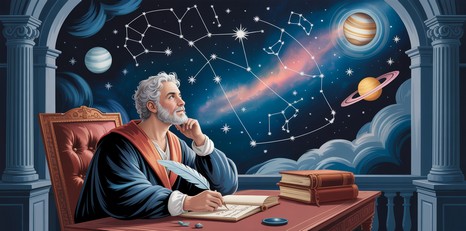
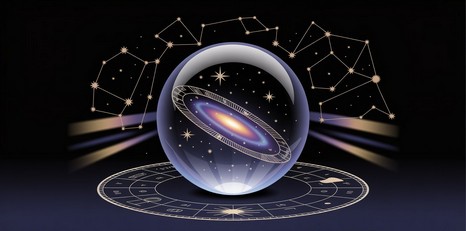
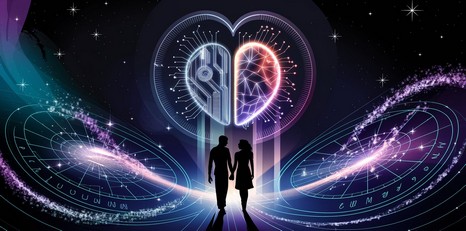
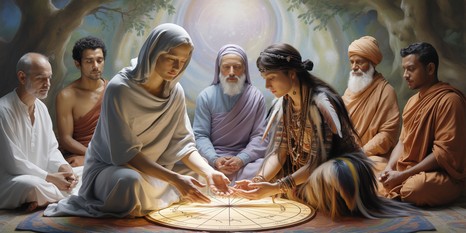


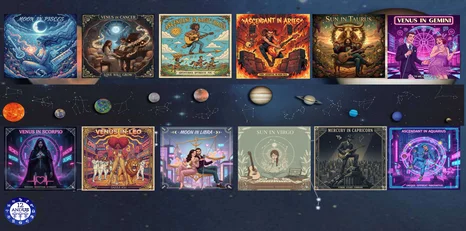
Follow us on social media for the daily astrological mood and occasional free PDF coupon codes for personalized readings.